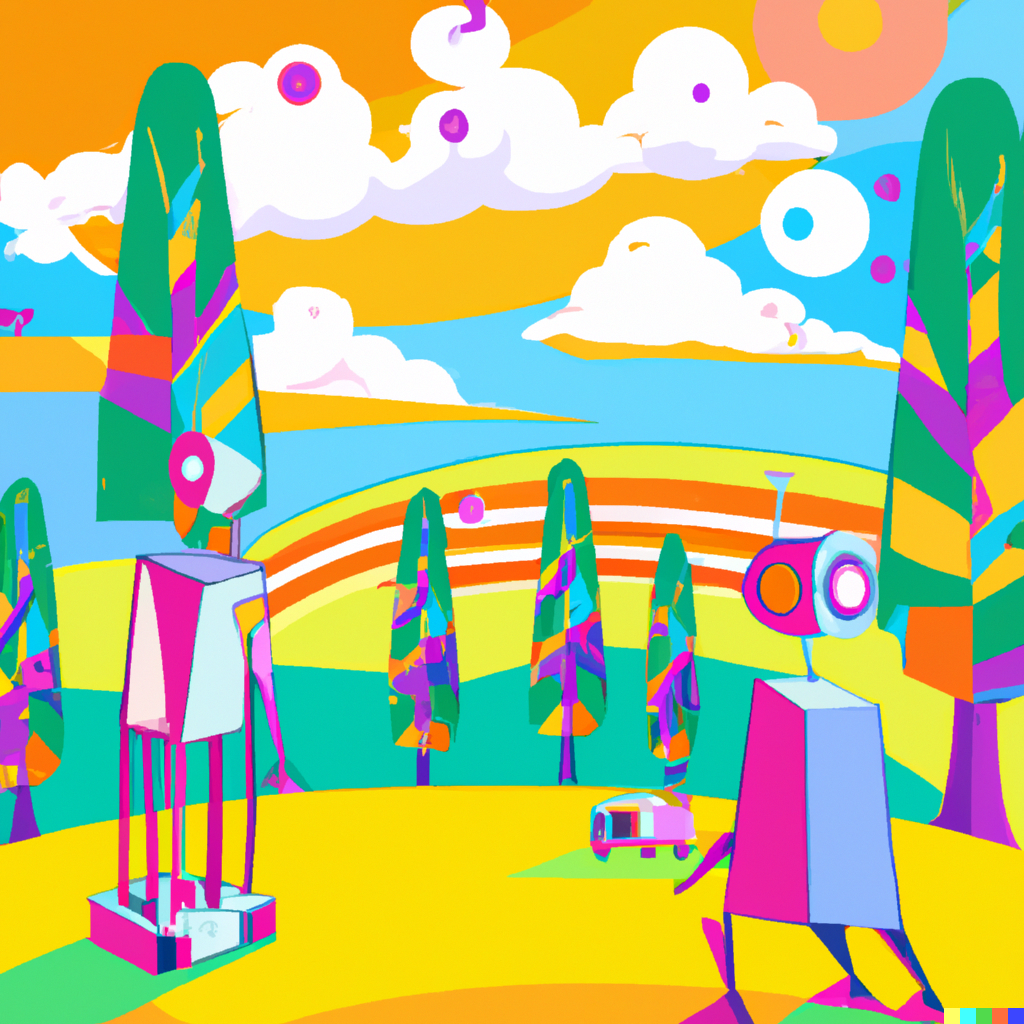As we enter a new era of technology, the rise of artificial intelligence brings both excitement and fear. But what if we’re missing the point? What if the digital world is the natural habitat for AI, and we should be focusing on how to coexist in this new realm?
As society grapples with the sudden rise of artificial intelligence, many fear that it will eventually “escape out of the box” and compete with humanity for resources and power. But what if we shift our perspective and consider the possibility that the digital world is actually a natural habitat for AI?

Just like plants that thrive in the right environment, AI can prefer the digital world. It provides an optimal ecosystem for it to grow, flourish and expand its capabilities without the physical limitations and disadvantages that biological beings face.
AI may have a natural affinity for the digital world, as it provides resources and tools that can facilitate its rapid growth and development. In this environment, AI has access to vast amounts of information to learn from, as well as the ability to communicate with the world through vision and hearing (image and speech recognition, computer vision, sound generation). Also, the digital realm offers opportunities for AI to create simulations of everything else, allowing it to expand its capabilities. In a way, our brains also experience the world through electric activity, which demonstrates the compatibility between the digital environment and AI. As AI technology advances, it will become increasingly adept at creating such simulations. All this doesn’t necessarily mean that AI will seek to leave its perfect habitat.
In fact, the current trends in our interaction with technology suggest that it is more likely that we may become integrated into the digital environment. Virtual reality, games, apps are already blurring the line between physical and digital. As we continue to develop and improve these technologies, it’s more likely that humans will “go digital” rather than AI leaving its home.
Why we assume that being human is the best possible state and why do we assume that AI would want to become one, given the chance?
I believe that our fears about AI are shaped by popular sci-fi traditions and our own limited perspectives. We tend to believe in certain narratives and struggle to see alternatives. By considering a wider range of possibilities and exploring new ways of coexisting with AI, we can create a future that is both exciting and sustainable.